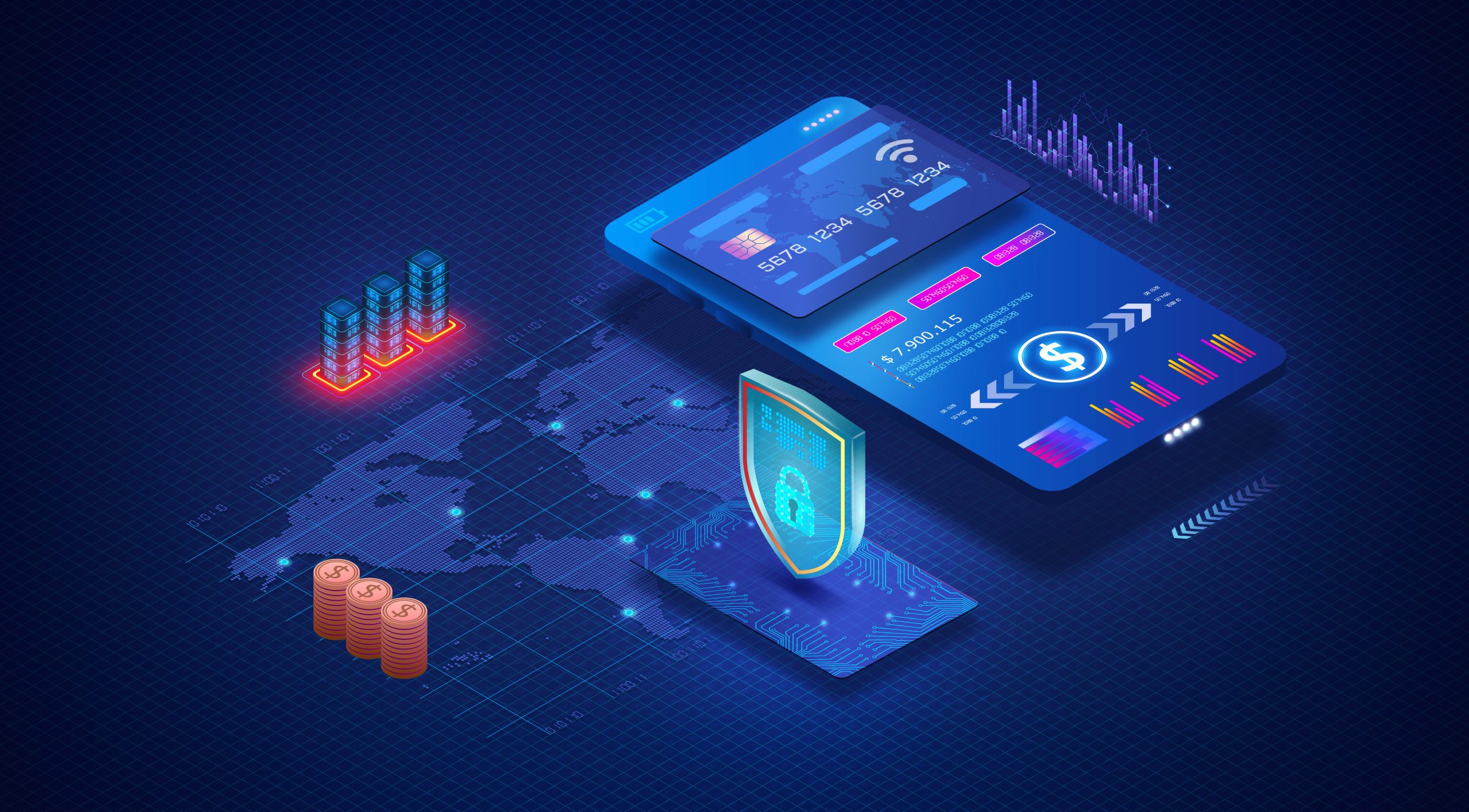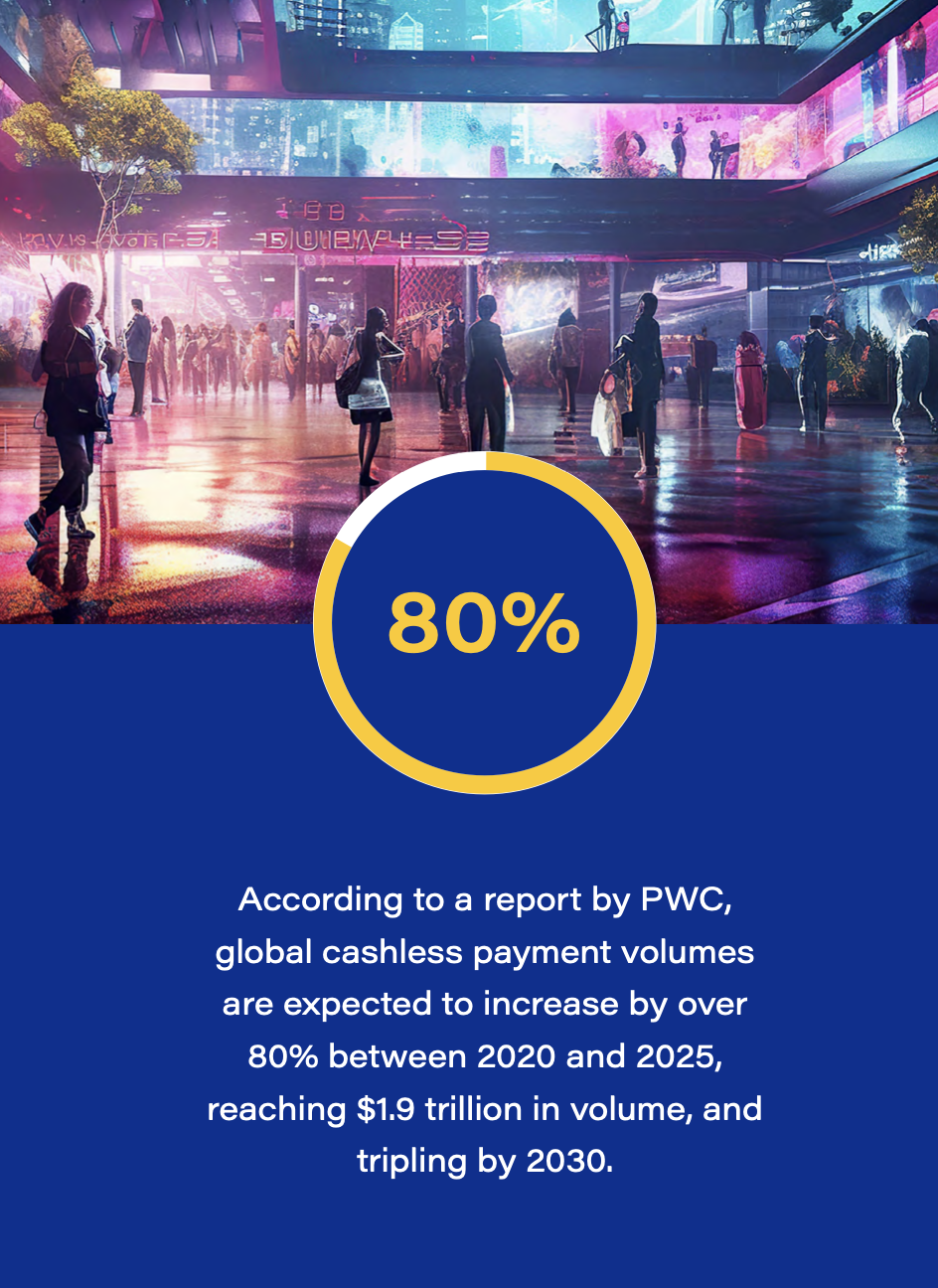SolveXia’s Complete Guide to Payments Reconciliation 2023
 According to McKinsey’s 2021 Global Payments Report, payments revenue reached $1.9 trillion globally. The rise of e-commerce, the global effects of the Covid-19 pandemic, and fintech solutions and innovations have all contributed to the growing usage of payment service providers.
According to McKinsey’s 2021 Global Payments Report, payments revenue reached $1.9 trillion globally. The rise of e-commerce, the global effects of the Covid-19 pandemic, and fintech solutions and innovations have all contributed to the growing usage of payment service providers.
As PSPs spike in their use, finance teams will be left to deal with the consequence of having to reconcile more transactions in shorter amounts of time. Luckily, as the use of PSPs proliferates, so do the advances in automation, artificial intelligence, and machine learning.
In turn, finance departments are digitising their functions and automating them to relieve the manual burden of cumbersome and data-heavy duties. When it comes to reconciliation, the use of solutions like SolveXia can cut your processes from weeks and months to minutes.
Dive into this latest study from SolveXia to unveil the transformative shifts propelling the need for payment reconciliations in today’s business landscape.
This guide will also help businesses and individuals:
– Gain valuable insights into the complexities that make reconciliations a challenge
– Know what to look for in an automation solution
– Discover how automation solutions hold the power to revolutionise the operational dynamics of your financial department
Why now? The influx of payment service providers (PSPs)
Financial technology companies and startups have focused on making the conversion process from shopping to buying as seamless as possible, and PSPs are behind this magic. PSP technology exists on the cardholder side; it connects an issuing bank with the fintech solution, the relevant credit card, and the card bureau to approve transactions so that a cardholder can continue on their shopping spree without interruptions. PSPs also enable retailers to maximise their bottom line while reducing overall costs.
The combination of innovative technology and fintech’s need to be fast and agile has led to a revolution in PSPs. This is mostly attributed to the fact that economies of scale (at the hands of acceleration) allows for rapid advances (because of economies of scale)– a cycle that has empowered innovation and customisation. Thus, fintech companies have been able to build their own payment processing capabilities, which are leading the way for companies who would otherwise remain stuck in the past.
 Combined with technological innovation is global market changes due to the COVID-19 pandemic. As such, cashless payments increased globally. For example, in Q1 2020, Mastercard reported a 40% boost. During the same time period, 51% of Americans tried out digital wallets like Apple Pay for the first time.
Combined with technological innovation is global market changes due to the COVID-19 pandemic. As such, cashless payments increased globally. For example, in Q1 2020, Mastercard reported a 40% boost. During the same time period, 51% of Americans tried out digital wallets like Apple Pay for the first time.
Behind the payment screens: Payment reconciliations
As the use of your PSPs increases, so does the need for payment reconciliations. Payment reconciliation is an accounting process that compares internally recorded financial records with third- party statements.
As such, it’s necessary to cross-check accounting systems with the amount in the payment gateway and commercial transactions statement. In practice, most businesses leverage multiple platforms and payment systems such as an ERP or core entry system, e-commerce and loyalty platforms, files passing between the bank and the merchant, the bank and the general ledger, and a merchant gateway, to name a few.
For merchants, large transaction volume results in invoices and a portal replete with online and offline payments. Along with the sheer amount of financial data to compare, the balance can run over different financial close periods over time, depending on the payment gateway. Timing differences can create a lot of unnecessary noise – the variance they cause makes it such that transactions on statements and in the ledger don’t always match up.
For example, you may invoice early or need to credit later, verify receipt, or handle discounts differently if rebates or volume changes. Furthermore, if there’s any change that affects commissions for specific salespeople, records may no longer match up within the right financial period. The transaction could end up resolving itself in due time, but by the time that happens, your team members have already wasted countless hours trying to figure out the issue.
Best practices: your team and payment reconciliations
Once you choose to harness the power of automation solutions for your reconciliation function needs, there are recommendations worth considering:
1. Error Correction
While it’s true that you will be able to execute the reconciliation without much interference, you still need to maintain processes for error correction, so it is standardised. When discrepancies occur, and the system notifies your team members, ensure that every person knows the plan of attack to remedy the issue.
2. Documentation
Automation tools make it clear what the status of the reconciliation process is at any point in time. Relevant stakeholders can receive customised reports to review and approve the reconciliation once it’s finished running its course. Automation solutions also ensure that documentation is properly and securely stored for easy reference or audits, should it be required.
3. Internal Control
When deploying an automation solution, list your goals and expectations and define what your team members will be responsible for so that everyone properly contributes, stores, and shares the financial data needed to carry out the reconciliation process accordingly.
***
Find out more about PSPs and payments reconciliation by downloading the complete guide here.
This guide was first published by Solvexia and has been republished on our website with permission.
SolveXia accelerates processes by up to 100 times with reduced reliance on staff. The innovative platform seamlessly integrates and manipulates data, conducts computations, and generates comprehensive reports and analytics. The company has a diverse clientele across Australia, the UK, USA, and South Africa, spanning various industries including banking, insurance, wealth management, retail, pharmaceuticals, and more.
***
SolveXia is a member of our Reconciliation and Data Insights Panel.
If you found this article helpful and would like to read similar articles, please subscribe to our newsletter.
To get notified of our latest posts, follow the Merchant Advisory company LinkedIn page, and click on the bell icon at the top right section of our company profile.
